Brazil Elects Mayors, With Eyes On Presidential Race
Brazil votes Sunday in municipal runoff elections marked by the coronavirus pandemic that will give a preview of where its political players stand going into 2022, when far-right President Jair Bolsonaro is up for reelection.
Bolsonaro upended Brazilian politics when he stormed to victory in the 2018 presidential race, but the so-called "Tropical Trump" looks more vulnerable after the first-round municipal vote on November 15, when just a handful of the candidates he endorsed won.
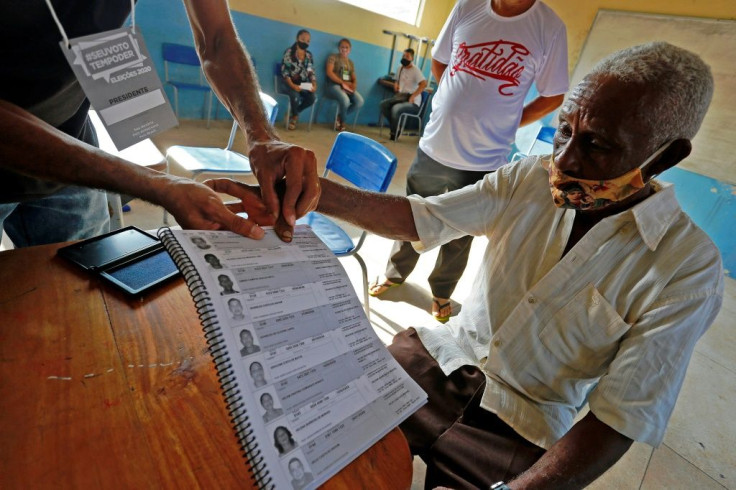
"As Trump would say, 'He supported a bunch of losers,'" said political scientist David Fleischer of the University of Brasilia.
As a result of that and other factors -- including Donald Trump's own election loss in the US -- Bolsonaro "isn't in too good shape for 2022," Fleischer told AFP.
The second-round vote -- in which 57 cities will decide their mayors, including Brazil's biggest, Sao Paulo -- will now give a clearer picture of the political state of play in Latin America's largest economy and where the top challenges to Bolsonaro may come from.
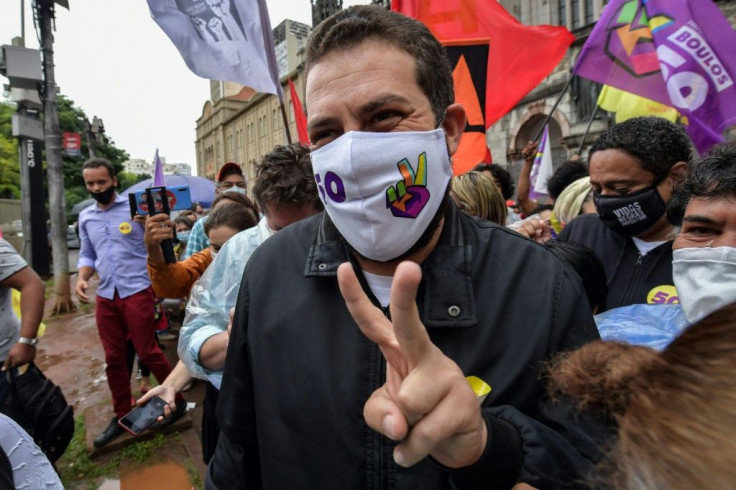
In Sao Paulo, Brazil's economic capital, centrist incumbent Bruno Covas faces leftist challenger Guilherme Boulos, a leader of the Homeless Workers' Movement (MTST).
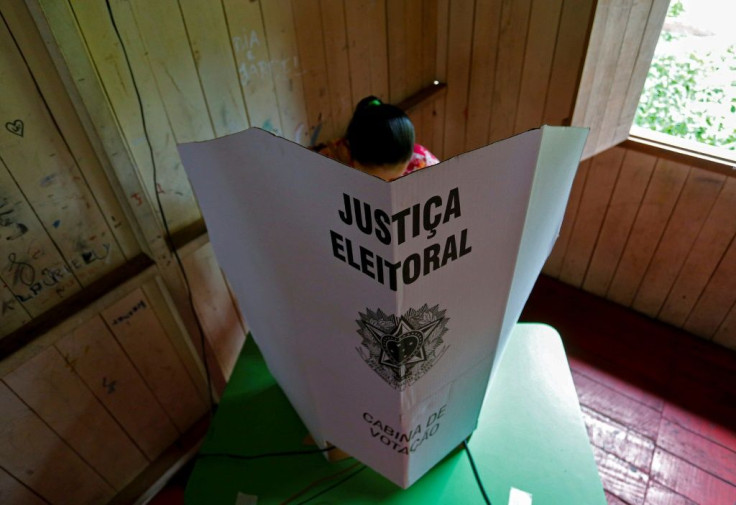
Covas, 40, won the first round with 33 percent to 20 percent for Boulos, and had an eight-point lead going into the runoff, according to polling firm Datafolha.
But Boulos, 38, who is running for the upstart Socialism and Liberty Party (PSOL), has momentum.
He came from behind in the first round to beat both Bolsonaro's candidate and a leftist rival from the more-established Workers' Party (PT).
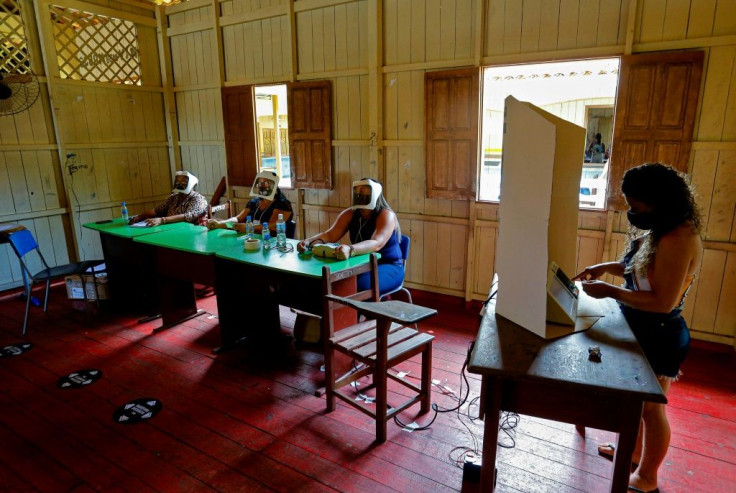
Young and charismatic, he is being called the new face of the Brazilian left, which is still reeling from the 2016 impeachment of President Dilma Rousseff and the jailing of ex-president and PT founder Luiz Inacio Lula da Silva on corruption charges.
However, Covas, a cancer survivor, has a powerful backer in Sao Paulo governor Joao Doria, his predecessor and mentor, a top contender to challenge Bolsonaro for the presidency.
In Rio de Janeiro, Brazil's second city, opinion polls indicate incumbent Mayor Marcelo Crivella, an Evangelical pastor and Bolsonaro ally, is set to lose in a landslide to ex-mayor Eduardo Paes of the right-wing Democrats (DEM).
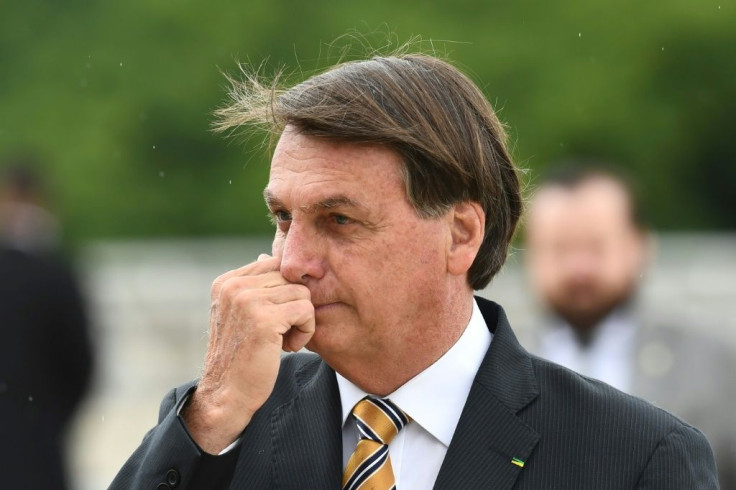
Other races to watch include the northeastern city of Recife -- scene of a literal family feud on the left between cousins Joao Campos of the center-left Brazilian Socialist Party (PSB) and Marilia Arraes of the PT -- and the southern city of Porto Alegre.
There, another rising left-wing star, Manuela D'Avila of the Communist Party of Brazil, faces centrist candidate Sebastiao Melo, in a city rocked by violent protests last week after two white security guards killed a black customer at a supermarket.
The elections bear the indelible imprint of the pandemic, which has killed more people in Brazil than any country except the United States.
Local governments in Brazil, like state governments, have extensive power in health policy -- including in deciding how to respond to the pandemic.
Due to the health crisis, the elections were postponed by six weeks, and the campaign between the first and second rounds halved to two weeks.
Analysts said that likely weakened candidates such as Boulos, whose poll numbers were rising.
The pandemic and resulting economic crisis also contributed to the poor showing for Bolsonaro's candidates, analysts say.
Of the 13 candidates he endorsed for mayor, just two won, with two more reaching the runoff -- Crivella and police reserve captain Wagner Sousa Gomes in the northeastern city of Fortaleza.
Bolsonaro, who currently has no political party, managed to get just nine of the 45 city council candidates he backed elected.
Traditional conservative parties, meanwhile, emerged stronger.
"Traditional parties to the center and center-right reclaimed the space they had lost to Bolsonaro and the far-right," said Marjorie Marona, a political scientist at the Federal University of Minas Gerais.
The message from the first-round vote appears to be that "Bolsonaro isn't the phenomenon people thought he was," said political analyst Michael Mohallem of the Getulio Vargas Foundation.
"If that initial reading is right, he's going to have a hard time winning reelection."
© Copyright AFP 2024. All rights reserved.




















